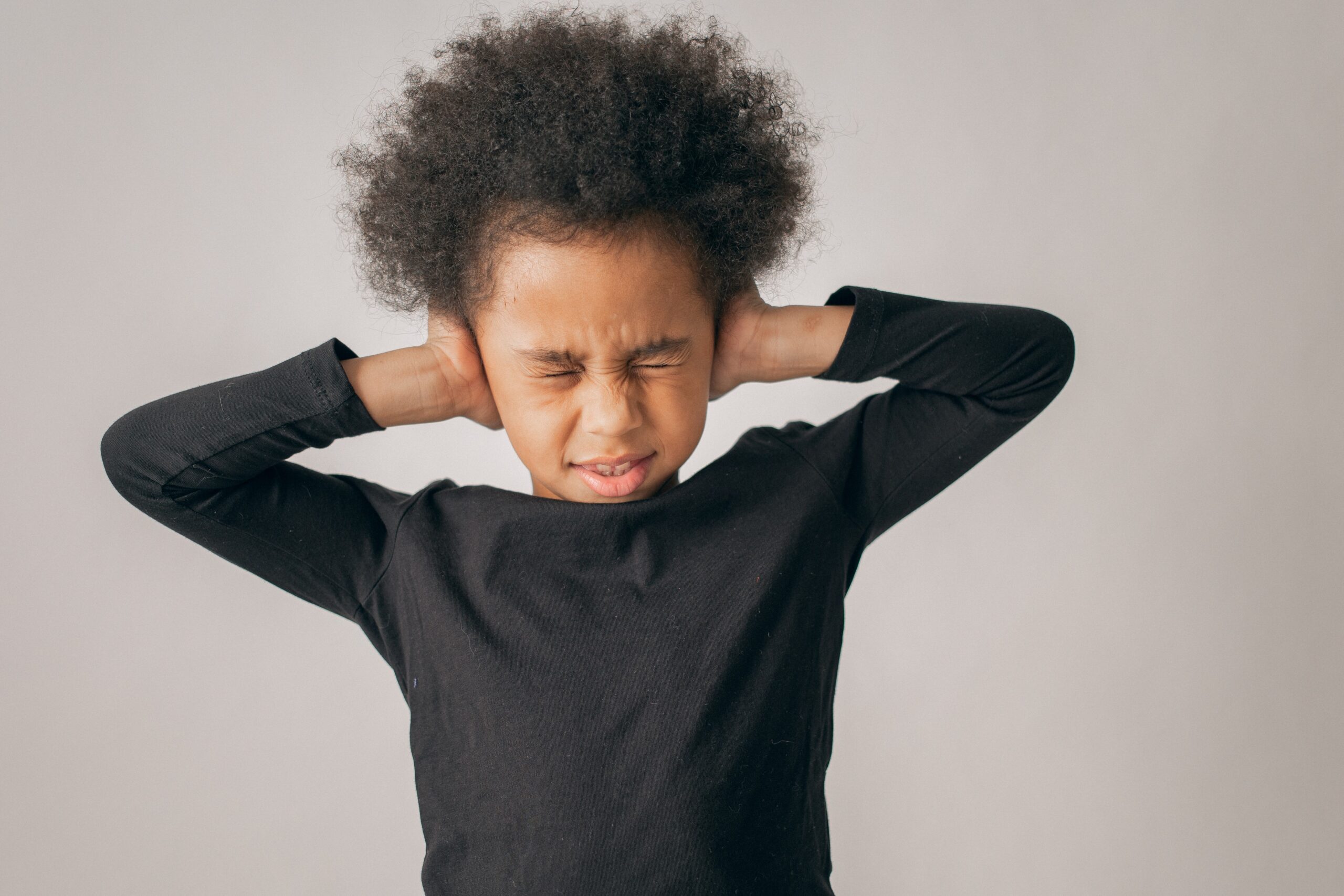
Just like adults, children can experience stress and anxiety. Whether it’s from school, social pressures, or changes in their family life, it’s essential to help children navigate these feelings healthily. Here’s how you can support your child when feeling stressed or anxious.
1. Create a Safe Space for Communication
One of the most important things you can do is provide your child a safe space to express their feelings. Let them know it’s okay to talk about what’s bothering them.
- Encourage Open Dialogue: Ask open-ended questions like, “How are you feeling today?” or “Is something on your mind?” Listen without judgment and validate their emotions.
- Normalize Feelings: Let your child know it’s sometimes expected to feel anxious or stressed. Share your experiences with stress and how you cope so they know they’re not alone.
2. Teach Relaxation Techniques
Several effective relaxation techniques can help children manage their stress.
- Deep Breathing: Teach your child to take deep, slow breaths when feeling overwhelmed. You can make it fun by pretending to blow up a balloon or using a stuffed animal to “breathe” in and out.
- Progressive Muscle Relaxation: Guide your child through tensing and relaxing different muscle groups, from their toes to their head. This helps release tension and calms the body.
3. Establish a Routine
A predictable routine can help your child feel secure and reduce anxiety. Children who know what to expect throughout the day are less likely to feel overwhelmed.
- Consistency: Keep consistent bedtimes, meal times, and other daily routines. When children feel they can rely on a routine, it provides comfort and reduces stress.
- Break Tasks into Smaller Steps: If your child feels anxious about schoolwork or chores, break tasks down into smaller, more manageable steps. This makes them feel more in control.
4. Encourage Physical Activity
Exercise is a great way to reduce stress and anxiety. Physical activity releases endorphins, which are natural mood boosters.
- Outdoor Play: Encourage your child to spend time outside, whether running, biking, or playing sports. Physical activity helps them burn off excess energy and feel calmer.
- Relaxing Exercises: Yoga and stretching can also be helpful for children. You can find kid-friendly yoga videos online to practice together.
5. Limit Stressful Stimuli
External factors can sometimes contribute to your child’s stress. Reducing exposure to stressful stimuli can help them relax.
- Screen Time: Limit screen time, especially before bed. Screens’ blue light can interfere with sleep and increase anxiety.
- Over-scheduling: Avoid overloading your child’s schedule with activities. Ensure they have downtime to relax and recharge.
By teaching your child healthy coping mechanisms and offering emotional support, you can help them manage stress and anxiety positively. They can learn how to deal with difficult emotions and build resilience for the future.




